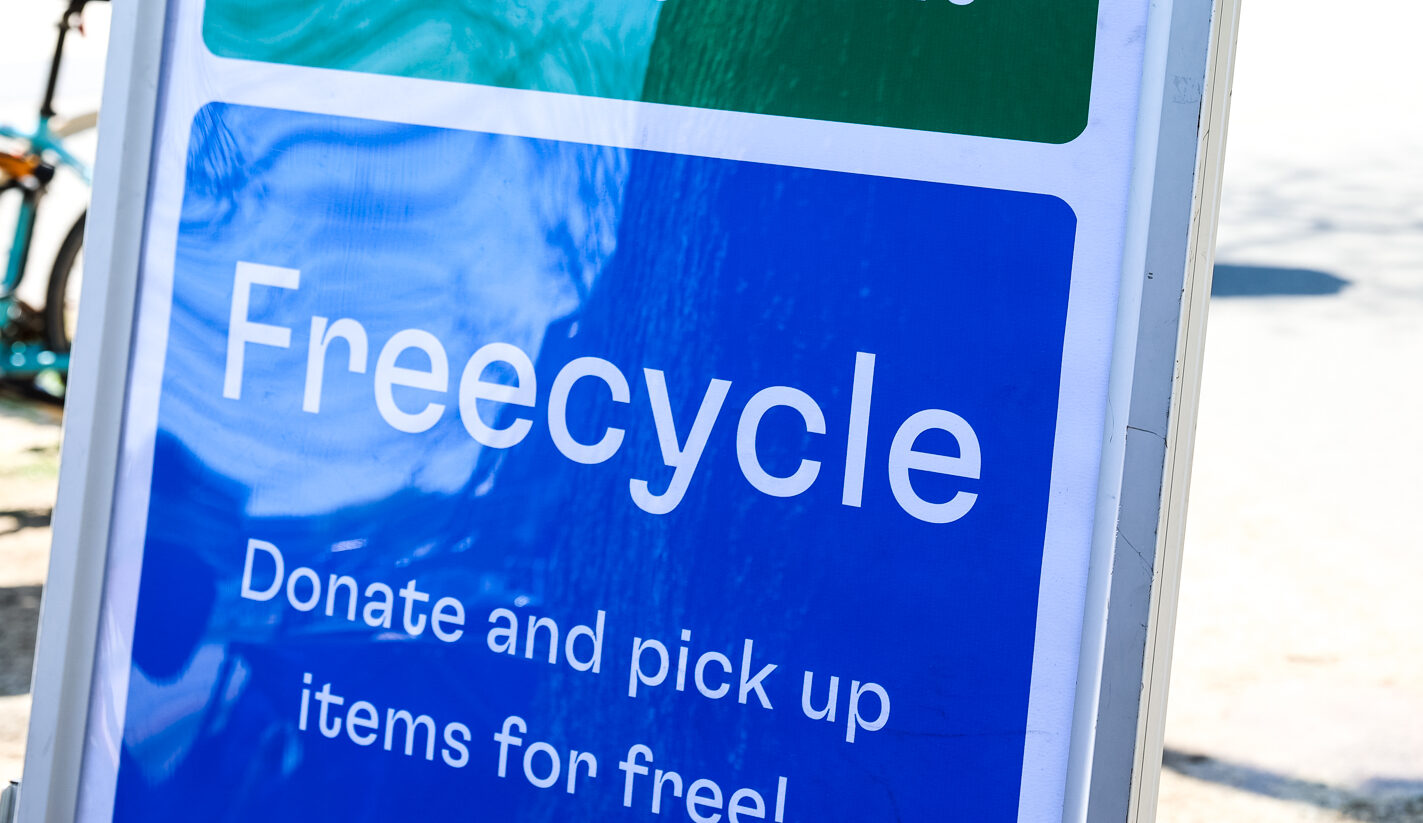Harvard Farmers’ Market
The Science Center Plaza 1 Oxford Street, Cambridge, United StatesFARMERS' MARKET AT HARVARD
Join us at the market every Tuesday through October 28th, 11:30 a.m. - 5:30 p.m. and help support the vital local farmers and food artisans who ensure we have fresh, healthy food!
The market accepts SNAP with a weekly maximum SNAP Match of $15.
June 17, 2025 - October 28, 2025. Every Tuesday. 11:30am - 5:30pm at Harvard's Science Center Plaza (1 Oxford Street, Cambridge, MA 02138)
